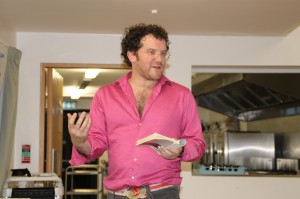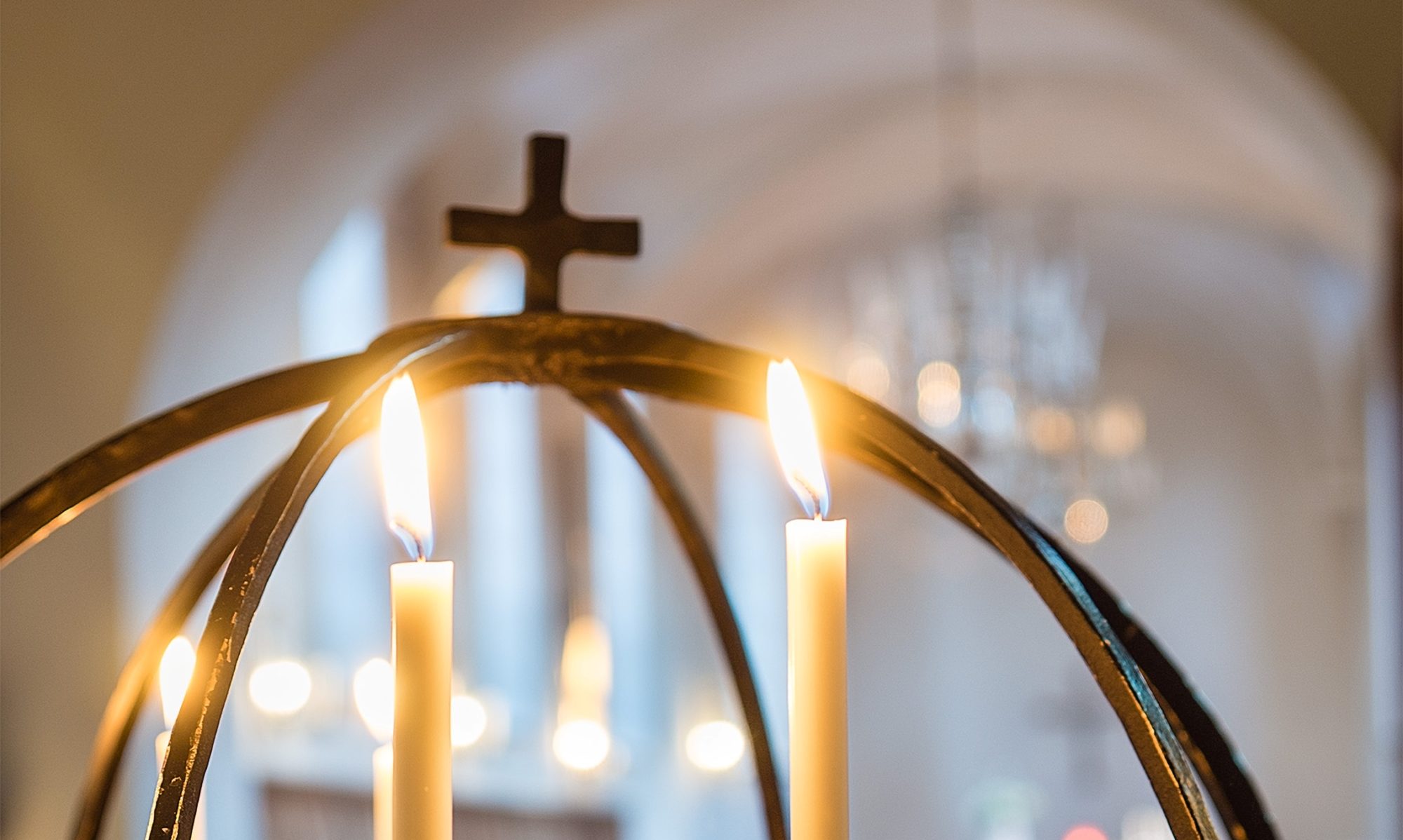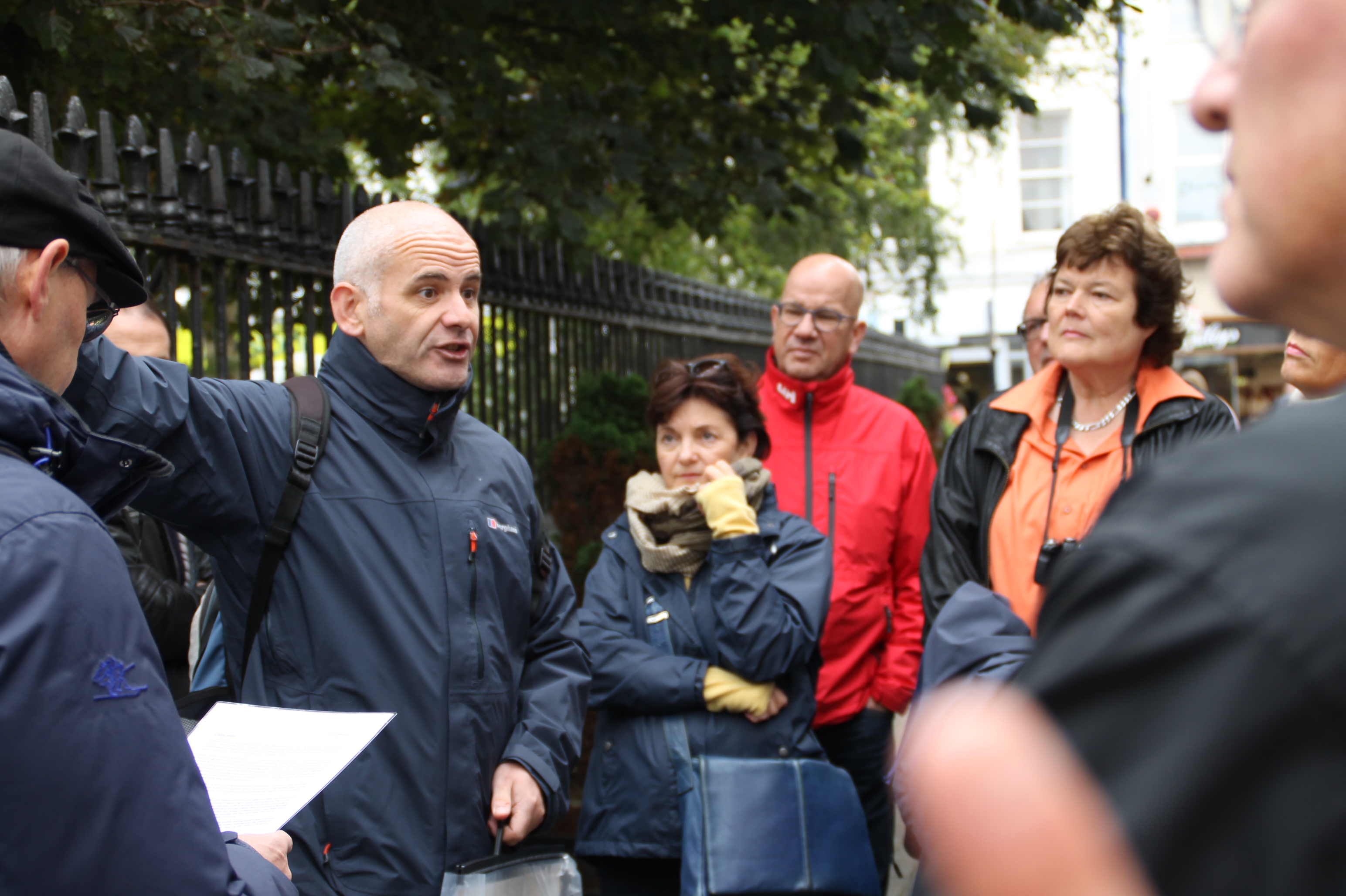 “Europe Remembers:” Fear and remembering in the 21 st century was the theme of the Oikosnet Annual Conference this year. It was situated at the beautiful community of Corrymeela in Northern Ireland, an Oikosnet member celebrating its 50th year anniversary. Their remarkable work on dialogue to bring peace and reconciliation was a most learning and inspirational example for the participants of the conference.
“Europe Remembers:” Fear and remembering in the 21 st century was the theme of the Oikosnet Annual Conference this year. It was situated at the beautiful community of Corrymeela in Northern Ireland, an Oikosnet member celebrating its 50th year anniversary. Their remarkable work on dialogue to bring peace and reconciliation was a most learning and inspirational example for the participants of the conference.
The Keynote speakers in the conference program shared many different perspectives on conflict and fear from the historical context of Northern Ireland, perspectives that in many ways were just as relevant for other conflicts, in society as well as in our own private lives.
Pádraig O´Tuama, appointed leader at the Corrymeela Community, started out the first day with an opening speech on courage in the gospel stories. On the second day Colin Craig, Executive Director at Corrymeela helped us exploring the drives behind the concept of fear, followed up by a lecture by Susan Mc Ewan, analysing storytelling in the context of gender and power. Duncan Morrow, director of Community Engagement at the University of Ulster gave a lecture on the theme “Fear and Politics – an analysis on of the 20th century through a political science and theological lens.” After a long and interesting day Colin Breen senior lecturer in Archaeology at the University of Ulster ended the day with a lecture on “Fear and History”, preparing us all for the next days historical and cultural excursion.
Culture and Conflict on the Causeway Coast
The cultural excursions are often one of the most appreciated parts of the Oikosnet Annual Conference and the organizing committee of Corrymeela really lived up the expectations even this year. Sean Pettis, coordinator of the Heritage programme in Corrymeela, Dr Colin Breen, senior lecturer in Archaeology at the University of Ulster and professor Audrey Horning from Queens University Belfast took us on a historical journey along the Causeway Coast, exploring ancient settlements that predate colonial settlements in Ireland. The general impression from the excursion was the fact that the past is not always as clear as one perhaps would think. The re-examining of the narratives of colonialism, victimhood, language and identity that our guides gave such interesting examples of, gave a very valuable key in trying to understand the society in Northern Ireland that we see today.
“ To remember can sometimes be to justify, to deny, to take responsibility or to fear” as someone so wisely expressed it.
Sofia af Geijerstam

